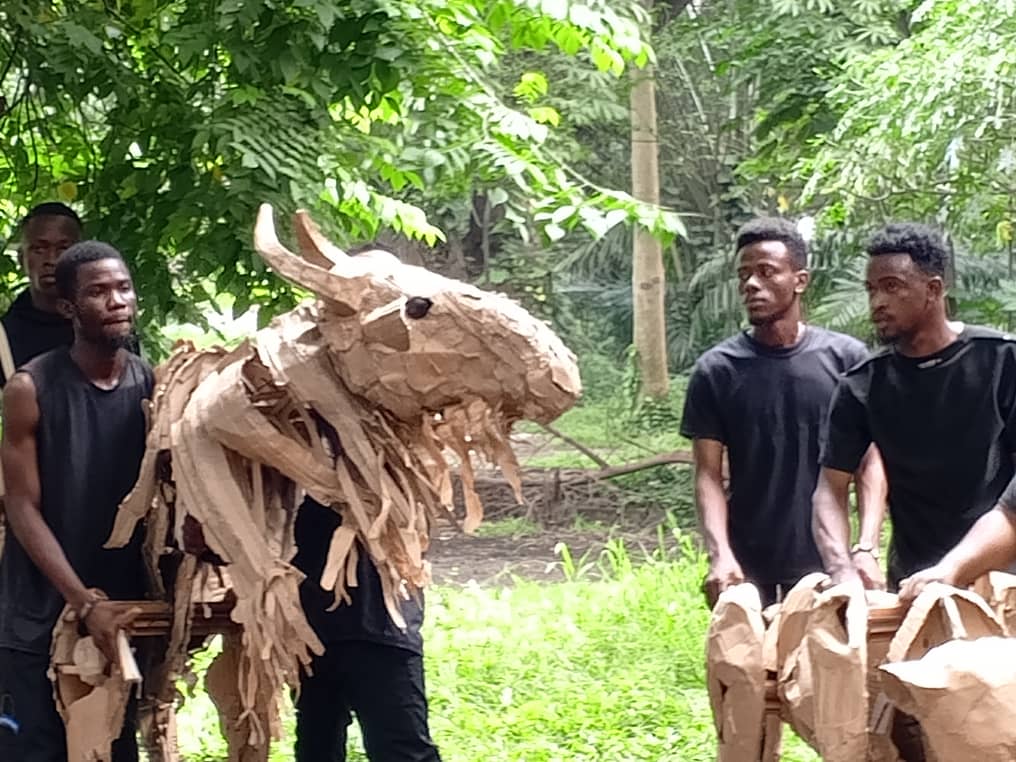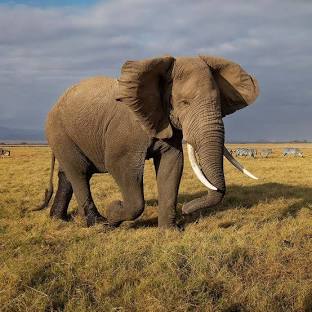
– the 2024 Living Planet Report reported a drop of 73% on average in wildlife populations since 1970.
John Cassim
In a bid to inspire millions of conservationists worldwide to take action on climate change and nature loss, the World Wildlife Fund (WWF) is supporting THE HERDS, a unique global public art and climate activation initiative. From April to August 2025, a collection of life-sized animal puppets will undertake a 20,000km journey from Kinshasa in the Democratic Republic of Congo, through various communities, towards the Arctic Circle. These puppets represent wildlife directly impacted by the escalating threats of climate change.
The urgency of this initiative is underscored by stark environmental data. The year 2024 was the warmest year on record globally, and Arctic sea ice is likely to have reached its lowest levels in 47 years. Furthermore, WWF’s 2024 Living Planet Report revealed an alarming average drop of 73% in wildlife populations since 1970, highlighting the severe consequences of environmental degradation.
THE HERDS aims to transcend scientific data by fostering empathy, hope, and a visceral connection to the natural world. This artistic endeavour, developed by the UK-based ‘The Walk Productions’ in collaboration with leading global artists and environmental organizations, seeks to ignite a powerful public response ahead of the COP30 UN climate conference in Brazil later this year.
The collection of wildlife puppets is designed and developed by Ukwanda Puppets and Designs Art Collective in Cape Town, under the artistic direction of Amir Nizar Zubai. Crafted primarily from recycled materials readily available in each location, local communities along the route will be trained to replicate and animate the puppets, actively participating in large-scale artistic performances.

Audiences along the 20,000km migration will have the opportunity to engage with free special performances and public participation workshops led by world-class dance companies, theatre makers, and artists. An accompanying education program will also provide free resources, including open-source puppetry design kits, to engage schools, families, and communities globally.
Martin Kabaluapa, WWF Regional Director for the Congo Basin, emphasizes the profound connection offered by public art to the planetary crises: “THE HERDS serves as a striking reminder that if we continue relying on fossil fuels and overconsuming nature, wildlife won’t be the only ones losing their home—we will too. Climate change and biodiversity loss are deeply interconnected, creating a vicious cycle that is advancing faster than we are, escalating human-wildlife conflicts and pushing life-sustaining species toward extinction.”
Lisa Karanja, WWF Regional Director for East and Southern Africa, stresses the critical need for such an initiative: “The need for an initiative like THE HERDS has never been greater – to cut through the noise, ensuring people have a memorable and visceral reaction to the message behind the art, driving not only climate action but fostering much-needed hope. We have the solutions ready for implementation right now – we just have to do more, do it faster and do it at scale.” She highlights the devastating impacts of climate change already being felt globally, from more frequent extreme weather events to rising food costs.
Etienne Longe, Country Director of WWF in DRC, underscores the symbolic importance of the journey’s starting point: “The launch of THE HERDS journey in Kinshasa is both symbolic and urgent. It reminds the world that what happens here in the heart of Africa affects the entire planet. The forests of the DRC are not just under threat – they are part of the solution. As one of the world’s last remaining functioning carbon sinks, they shield us from the worst impacts of climate change. We need climate justice, courageous leadership, and action that prioritizes both people and nature.”
Amir Nizar Zuabi, Artistic Director of THE HERDS, expresses pride in the partnership with WWF: “We’re proud to be partnering with WWF on THE HERDS. Their support not only strengthens our mission, but also shines a spotlight on the vital connection between people, wildlife, and the land. With their involvement we can expand our reach and deepen the impact of our work.”
WWF will leverage its extensive network to garner local support along the entire migratory route, amplifying the message and urgency of climate action at a time when its deepening threat is increasingly evident.
